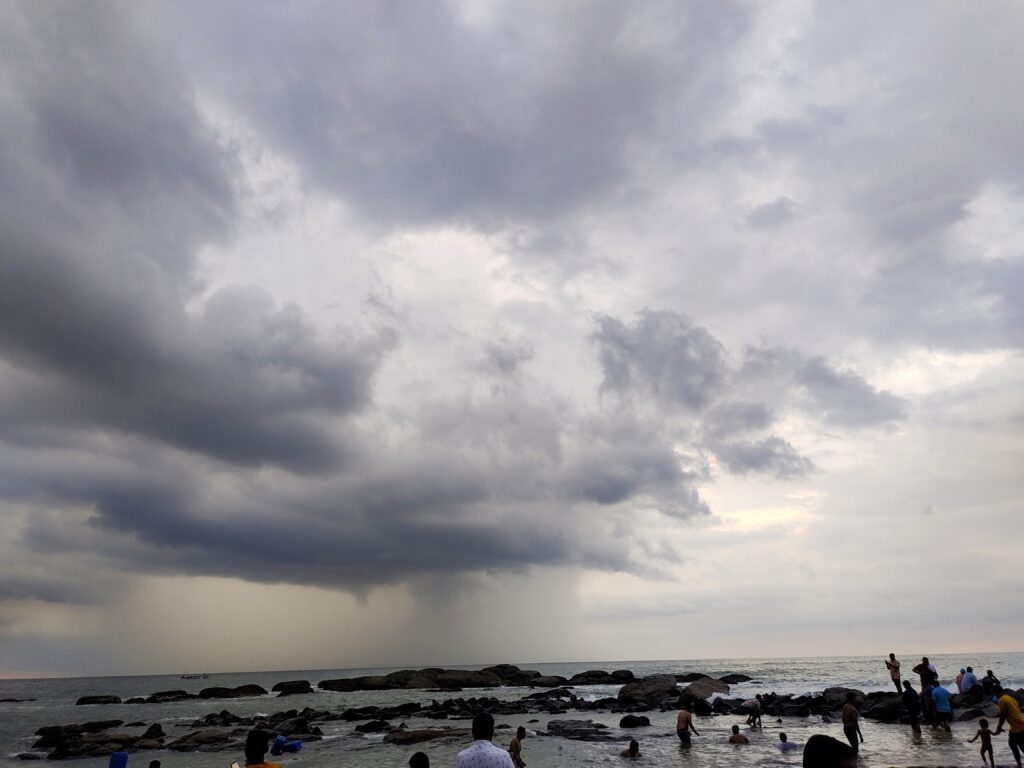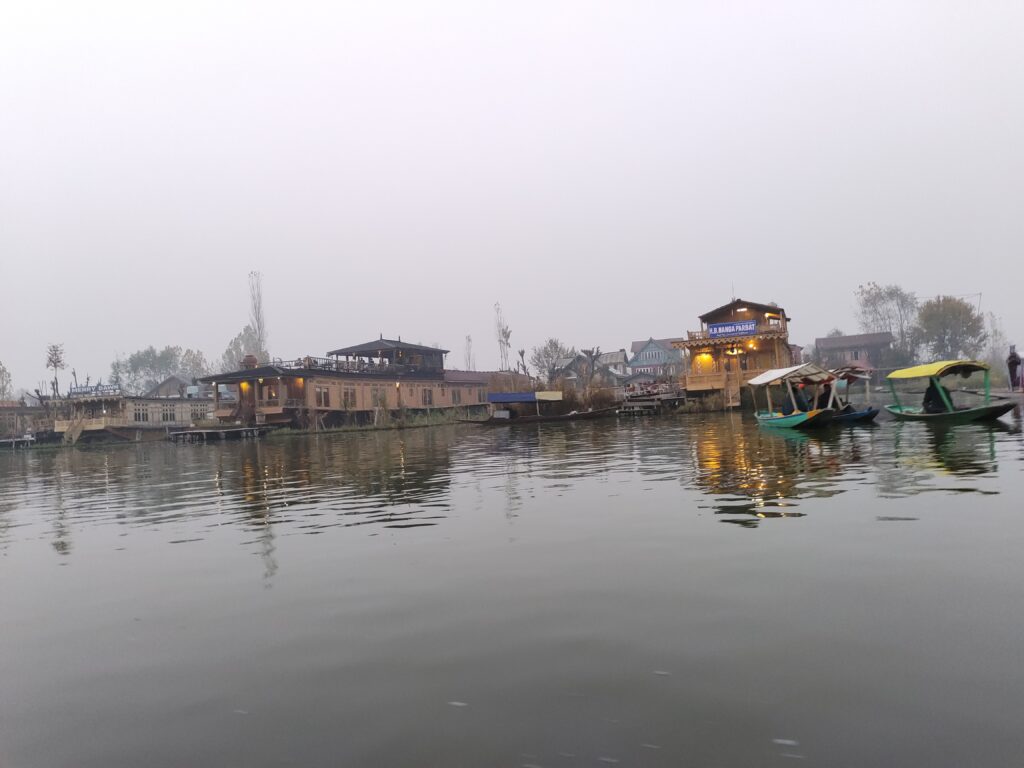“Russia-Ukraine Conflict: Navigating Tensions in a Complex Geopolitical Landscape”

Introduction: The ongoing conflict between Russia and Ukraine has captured global attention, highlighting the complexities and challenges of contemporary geopolitics. As tensions persist, it is crucial to delve into the historical context, geopolitical dynamics, and potential implications of this situation. This article aims to provide a nuanced understanding of the Russia-Ukraine conflict, acknowledging the multifaceted nature of the issue.
Historical Context:
The roots of the conflict can be traced back to the dissolution of the Soviet Union in 1991, when Ukraine gained independence. Over the years, tensions between Russia and Ukraine have been fueled by issues such as territorial disputes, energy politics, and differing geopolitical aspirations.
Crimea Annexation: In 2014, Russia’s annexation of Crimea escalated tensions significantly. The move was met with international condemnation, leading to sanctions imposed on Russia by the international community. The annexation remains a focal point of contention, reflecting the broader struggle for influence in the region.
Geopolitical Dynamics:
Strategic Importance: The region holds immense geopolitical significance due to its strategic location, natural resources, and economic potential. Both Russia and Ukraine seek to assert their influence in Eastern Europe, leading to a complex power play with implications that extend beyond their borders.
NATO and EU Aspirations: Ukraine’s pursuit of closer ties with the European Union and aspirations to join NATO has been a point of contention with Russia. The geopolitical tug-of-war over Ukraine’s alignment has heightened tensions and further polarized the international community.
Humanitarian Concerns: Amidst the geopolitical chessboard, it is essential to recognize the humanitarian impact of the conflict. Displacement, human rights violations, and the toll on civilians highlight the urgent need for a diplomatic resolution to ensure the well-being of those affected.
Potential Implications:
Global Ramifications: The Russia-Ukraine conflict has far-reaching consequences for global security and stability. The annexation of Crimea and ongoing tensions have strained relations between Russia and the West, contributing to a broader atmosphere of geopolitical competition.
Diplomatic Efforts: International diplomatic efforts, spearheaded by organizations such as the United Nations and the Organization for Security and Co-operation in Europe, have been ongoing to address the conflict. Finding a peaceful and diplomatic resolution remains a paramount goal to prevent further escalation.
Conclusion:
As the Russia-Ukraine conflict continues to unfold, it serves as a reminder of the intricate web of historical, geopolitical, and humanitarian factors that shape international relations. Navigating the complexities of this situation requires a commitment to diplomatic dialogue, respect for international law, and a collective effort to address the concerns of all parties involved. As the global community observes and responds to developments in the region, the importance of fostering understanding and seeking peaceful solutions cannot be overstated.






